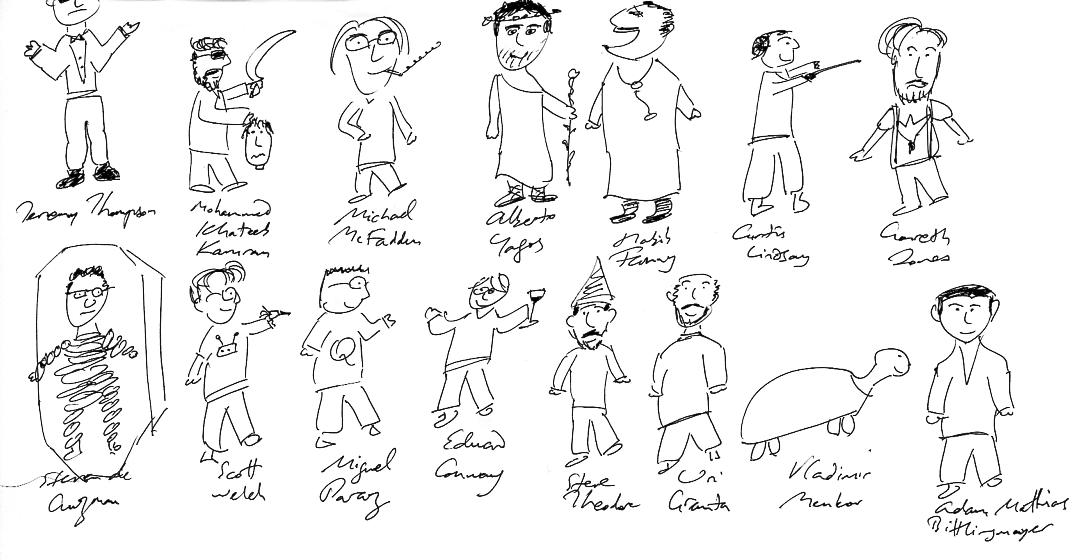As mentioned in many other recent questions on this, Quora has tinkered with its grammar bot in the past month, and lots of questions are being dinged that only a robot would find objectionable.
I’m getting these too. All I can say is, I randomly reword and keep trying; and avoid anything syntactically complex. I have had the Quora Bot and QCR edit war at least once: What does the Balkan phrase “nemo laffe” mean?


